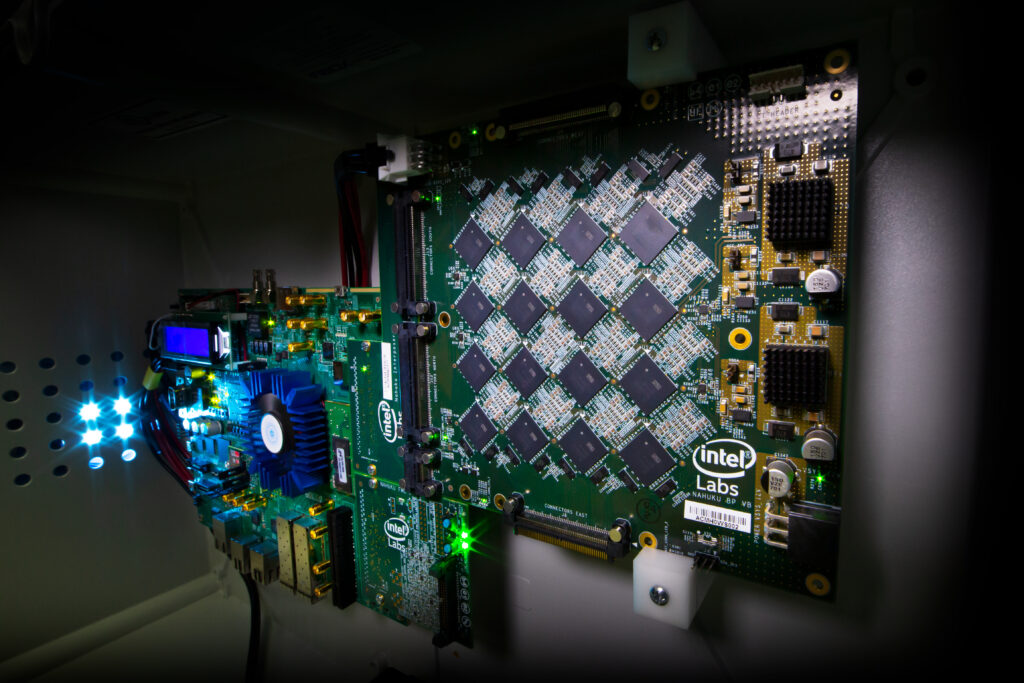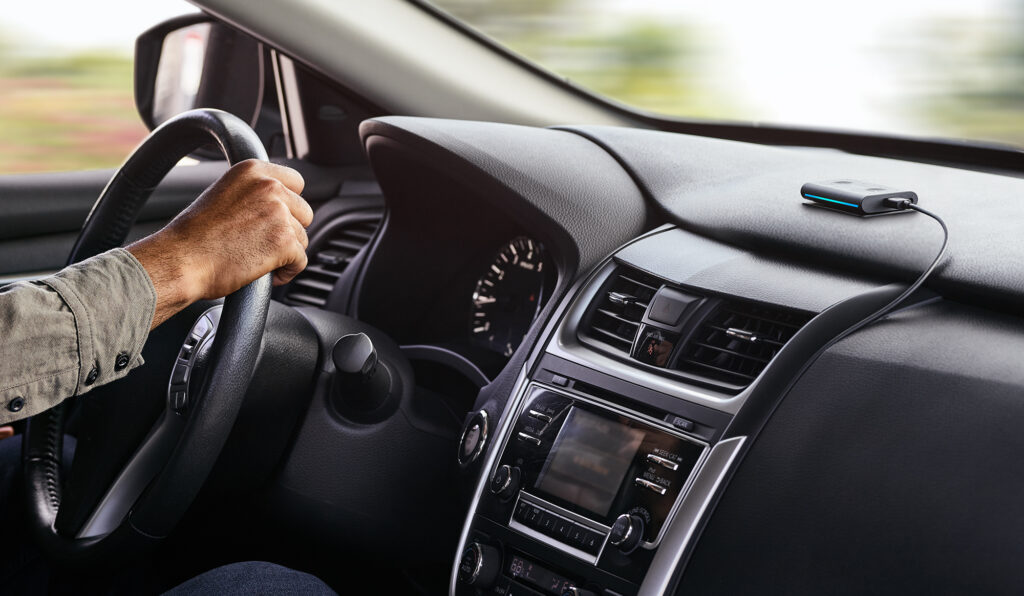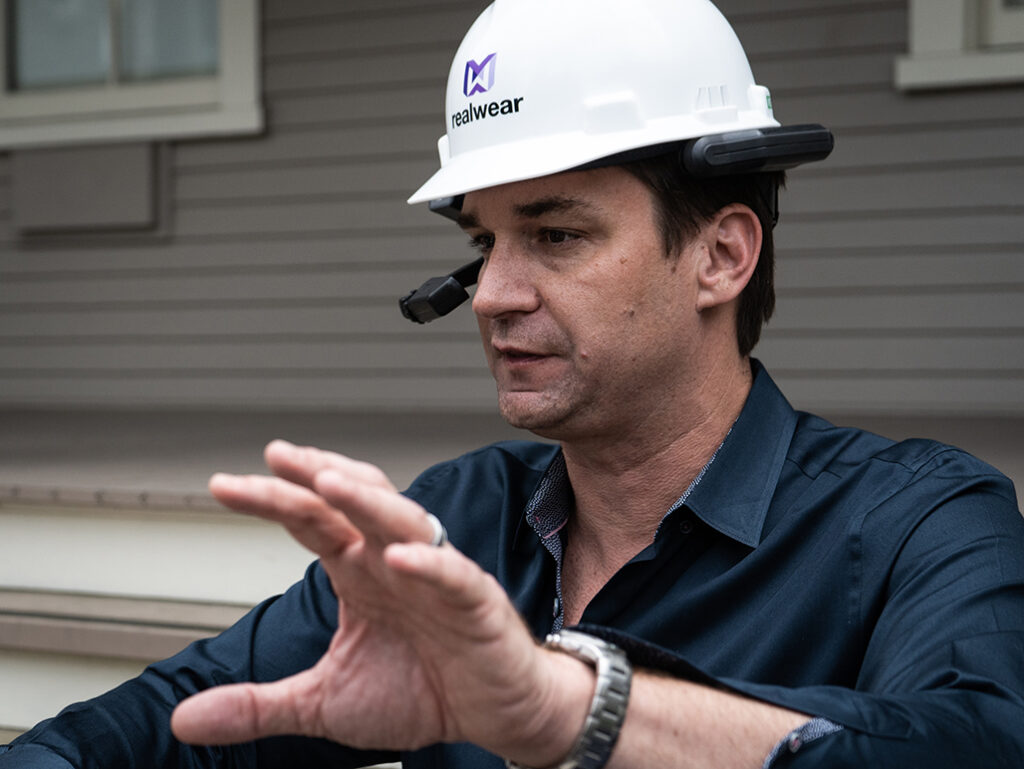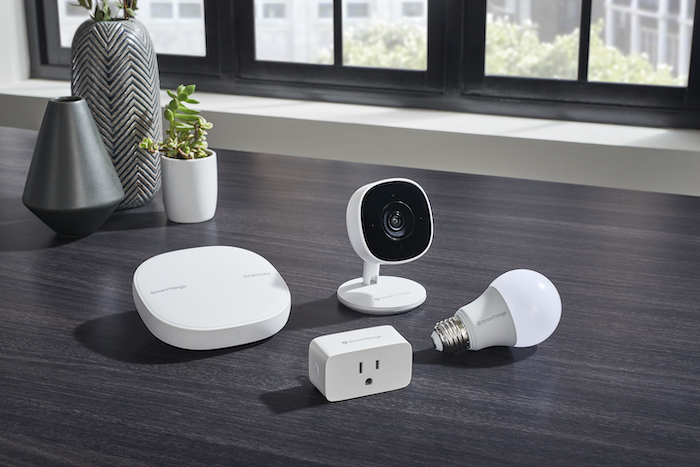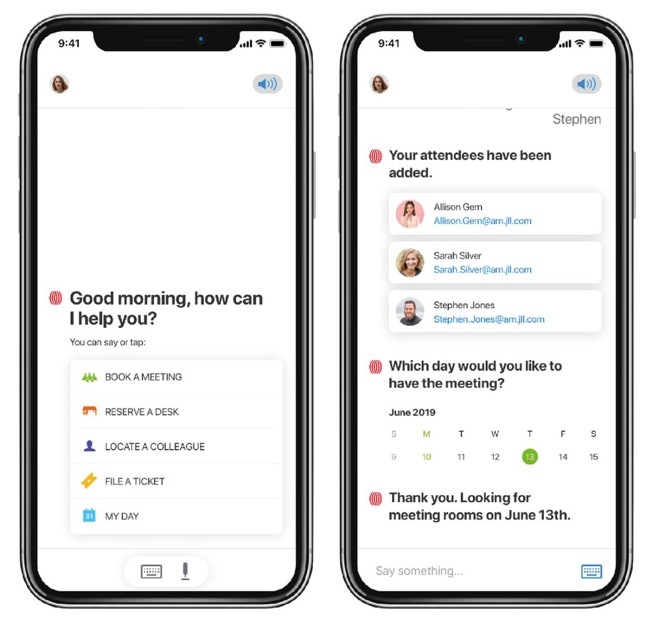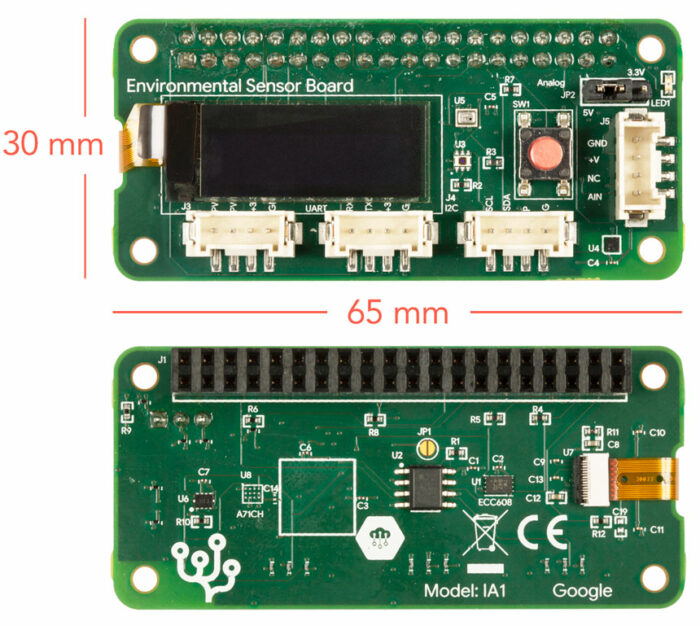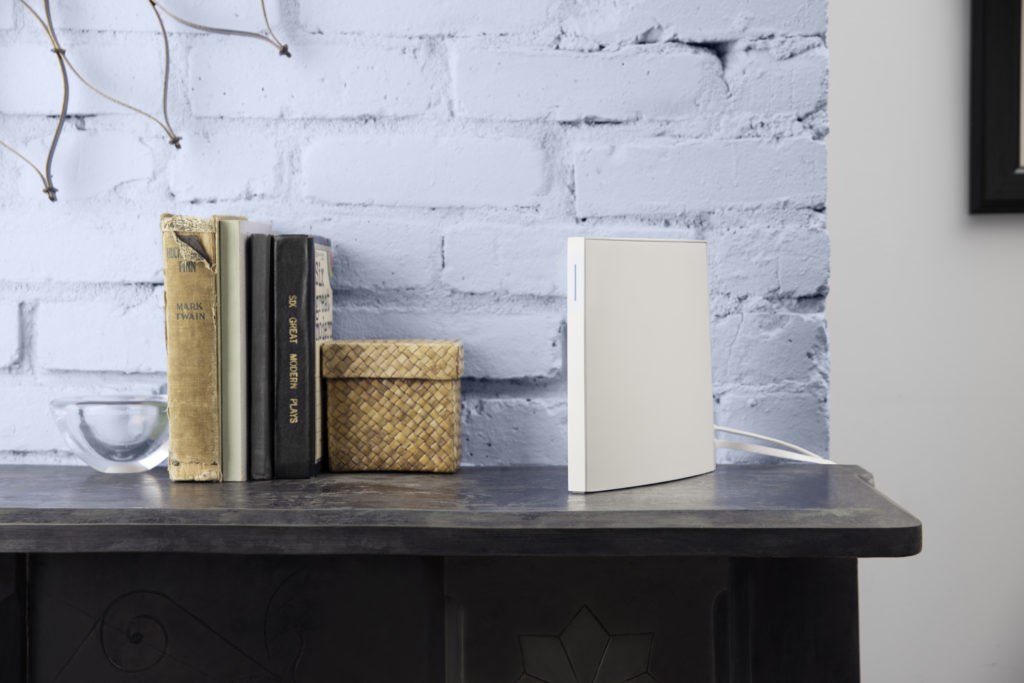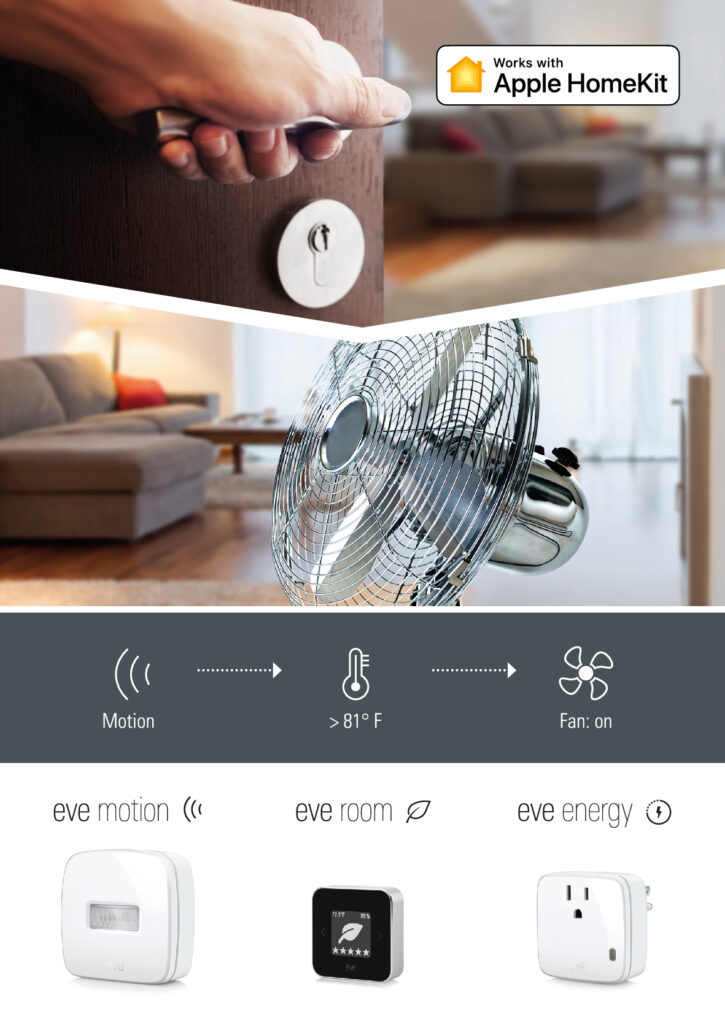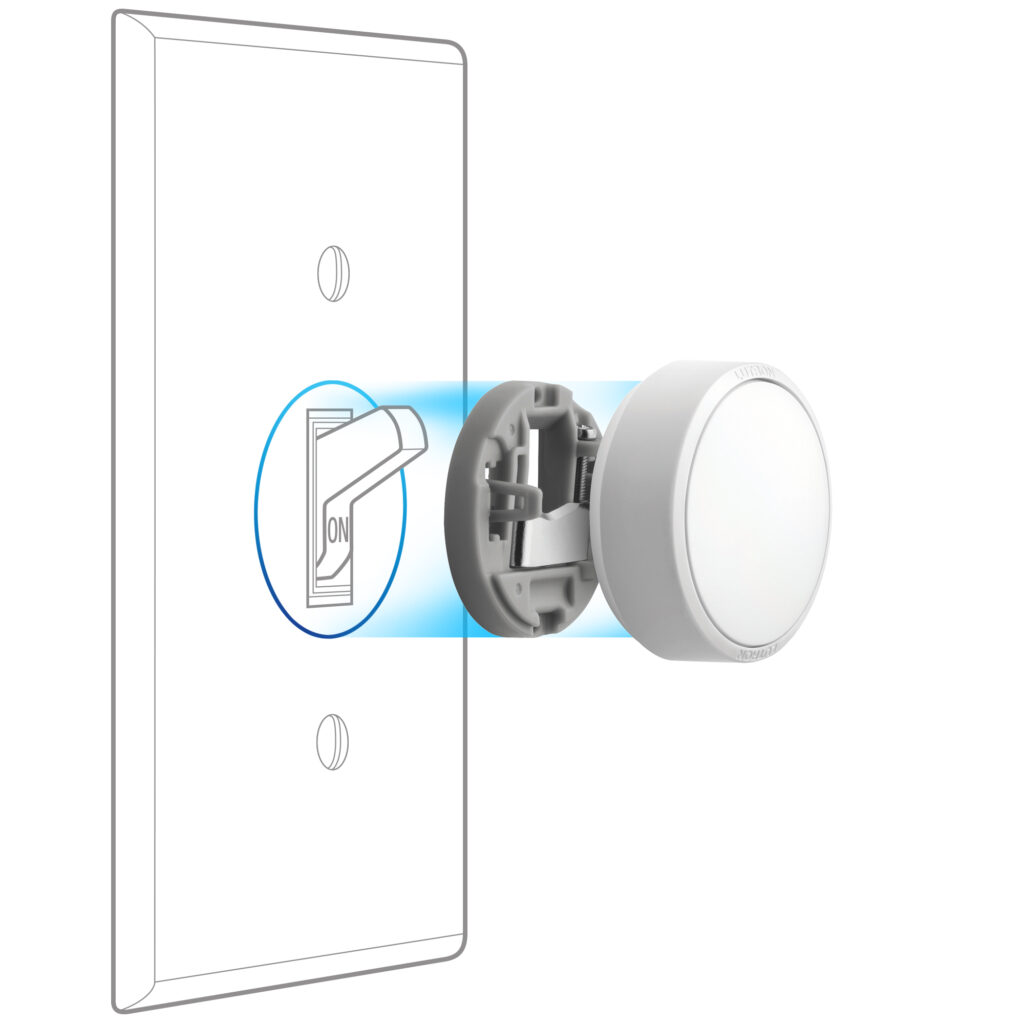This week’s show kicks off with Kevin and I discussing how Google’s head of IoT isn’t a believer in the smart home. Except he is. He just calls it something else, and we explain his rationale for doing so. We also explain why I am so excited about Microsoft’s new contracts for sharing data and why Tile just scored $45 million in funding. From there we wonder if Google’s machine learning-based approach to recognizing electricity use in appliances is cool, who would buy the OmniFob smart keychain, and why Wyze is building a scale. Then we move to news from Huawei, Abode going deeper with Google Assistant, Adobe’s voice study and LG adding HomeKit to new TVs. Kevin shares his impressions of the Firewalla device, and then we answer a listener question about bring smart bulbs outside and finding wireless switches that work. It must be summer, based on these outdoor inquiries.
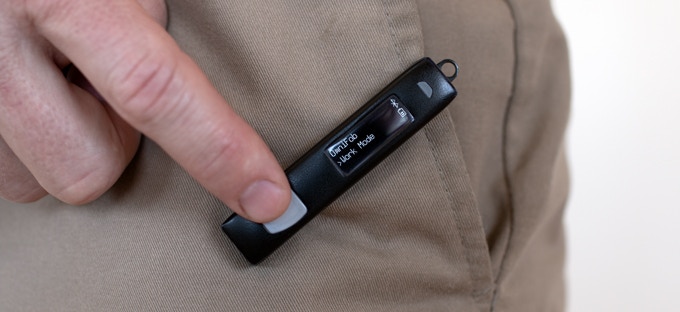
Our guest this week is Yana Welinder, co-founder and CEO of Kraftful, a newly launched startup building apps for smart home devices. Kraftful is a company at YCombinator that is working with big brands to make the apps for connected devices work better. She explains what features mainstream consumers want, why big companies aren’t building these apps themselves and why her business isn’t a feature of a larger tech stack. It’s a good intro to a new company.
Hosts: Stacey Higginbotham and Kevin Tofel
Guest: Yana Welinder, co-founder and CEO of Kraftful
Sponsors: Dell Technologies and Afero
- Call it intuitive, smart or helpful, just make it happen
- Microsoft’s contracts serve a burgeoning need for enterprises
- Firewalla makes a big impression
- Why do so many smart device apps suck?
- Can Kraftful turn app development into a scalable business?
Podcast: Play in new window | Download | Embed
Subscribe: RSS

